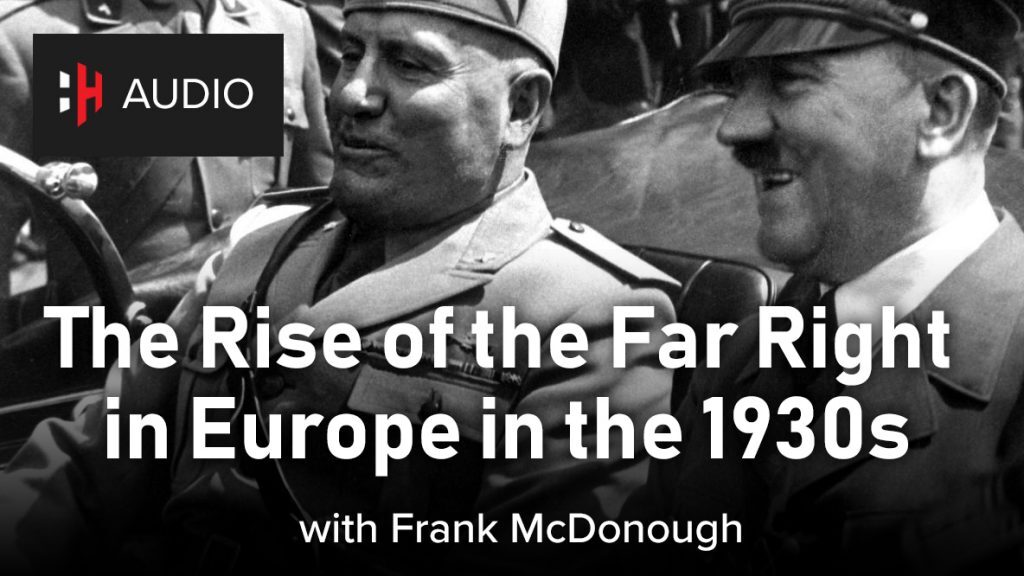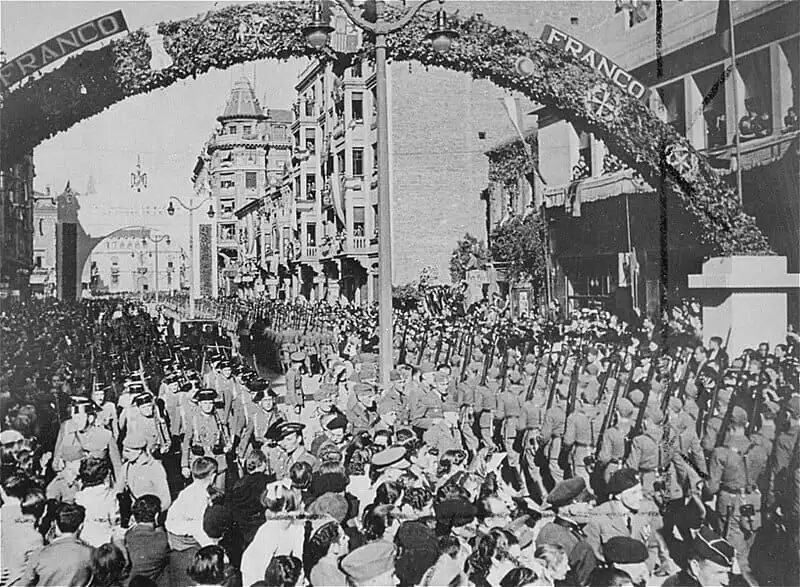The Spanish Civil War (1936–1939) was more than a national conflict—it was a battleground for competing ideologies that shaped global politics in the 20th century. The war between Francisco Franco’s fascist forces and the Republican government attracted international attention, drawing in foreign powers and volunteers from around the world.

Read More: The Russian Revolution’s Impact on Global Art and Literature
One of the war’s most significant implications was its role as a precursor to World War II. Germany and Italy supported Franco’s Nationalists, using Spain as a testing ground for new military strategies. The infamous bombing of Guernica by German planes, immortalized in Pablo Picasso’s painting, foreshadowed the devastation of total war. Meanwhile, the Soviet Union aided the Republicans, deepening Cold War-era divisions between communism and fascism.

Read More: The Boer War’s Influence on South African Politics
The war also inspired the International Brigades, composed of leftist volunteers from the U.S., Britain, and other countries who saw the conflict as a fight against fascism. Writers like George Orwell (Homage to Catalonia) and Ernest Hemingway (For Whom the Bell Tolls) documented their experiences, influencing global perceptions of the war.

Read More: The Industrial Revolution’s Impact on Child Labor
Politically, the Western democracies’ policy of non-intervention demonstrated their reluctance to confront rising fascism. Britain and France feared provoking a wider war, while the U.S. remained neutral, reflecting isolationist policies that persisted until World War II.
Ultimately, Franco’s victory in 1939 established a fascist dictatorship in Spain, but the war’s ideological battles continued on a global scale. It cemented anti-fascist resistance movements and shaped the strategies of World War II, proving that international conflicts were increasingly ideological in nature.


